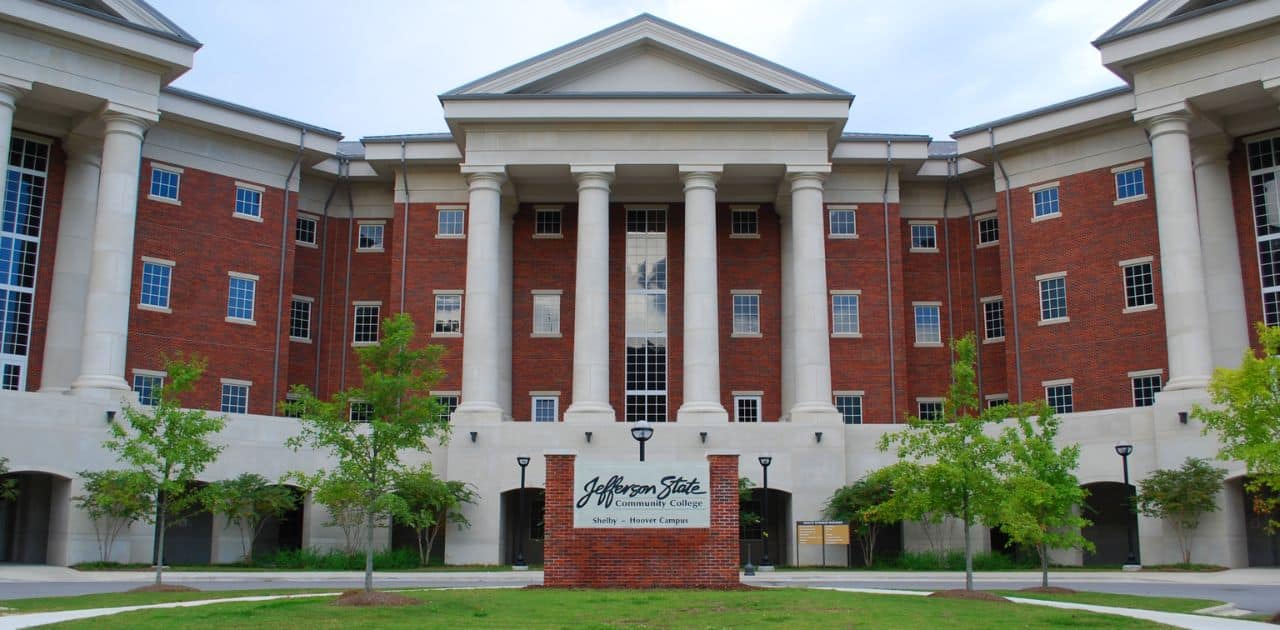The debate over whether community college is easier than university has been ongoing for years. This question is particularly relevant for students deciding on their educational path after high school. To answer this question comprehensively, we need to examine various aspects of both community colleges and universities, including academic rigor, course offerings, student life, and career prospects.
In this article, we’ll explore the differences between community colleges and universities, analyze the challenges and benefits of each, and provide insights to help you make an informed decision about your educational future.
What is a Community College?
Community colleges, also known as junior colleges or two-year colleges, are higher education institutions that primarily offer associate degrees and certificates. These colleges typically have an open admissions policy, making them accessible to a wide range of students.
Key Features of Community Colleges
- Shorter programs (usually two years for associate degrees)
- Lower tuition costs compared to universities
- Smaller class sizes
- Focus on vocational and technical training
- Transfer programs to four-year universities
Advantages of Community Colleges
Community colleges offer several advantages that make them attractive to many students:
- Cost-effectiveness: Tuition at community colleges is generally much lower than at universities.
- Flexibility: Many community colleges offer evening and weekend classes to accommodate working students.
- Personalized attention: Smaller class sizes allow for more one-on-one interaction with instructors.
- Career-oriented programs: Community colleges often offer specialized training for specific careers.
- Easier transition: For students who may not feel ready for a four-year university, community colleges provide a stepping stone to higher education.
What is a University?
Universities are higher education institutions that offer bachelor’s, master’s, and doctoral degrees. They typically have more selective admissions processes and offer a broader range of academic programs.
Key Features of Universities
- Four-year bachelor’s degree programs
- Graduate and professional degree offerings
- Extensive research opportunities
- Larger campuses with more diverse facilities
- Wide range of extracurricular activities and sports programs
Advantages of Universities
Universities provide several benefits that attract students:
- Comprehensive education: Universities offer a wider variety of majors and interdisciplinary programs.
- Research opportunities: Many universities have state-of-the-art research facilities and funding.
- Networking: Universities often have extensive alumni networks and connections with industry leaders.
- Campus life: Universities typically offer a more traditional college experience with on-campus housing and numerous student organizations.
- Prestige: Degrees from well-known universities can carry more weight with certain employers.
Course Difficulty
One of the most common misconceptions is that community college courses are inherently easier than university courses. While it’s true that community colleges often have more introductory-level courses, this doesn’t necessarily mean they are less challenging.
Community College Course Difficulty
- Courses are designed to meet transfer requirements for universities
- Instructors often have industry experience, bringing practical knowledge to the classroom
- Classes may move at a slower pace, allowing for more in-depth coverage of topics
University Course Difficulty
- Upper-level courses are typically more specialized and advanced
- Research components are often integrated into coursework
- Courses may move at a faster pace, covering more material in a shorter time
Academic Expectations
Both community colleges and universities have high academic expectations, but they may differ in their approach:
Community College Expectations
- Focus on practical skills and knowledge application
- More frequent assessments and feedback
- Emphasis on classroom participation and attendance
University Expectations
- Greater emphasis on independent study and research
- Higher volume of reading and writing assignments
- More rigorous grading standards, especially in upper-level courses
Also, read this blog: Japanese School Kids Learn English from AI Robots
Student Life and Support Services
Community College Student Life
Community colleges often cater to a diverse student body, including recent high school graduates, working adults, and career changers. As a result, student life may be less traditional:
- Limited on-campus housing options
- Fewer organized extracurricular activities
- More focus on academic and career support services
University Student Life
Universities typically offer a more immersive college experience:
- Extensive on-campus housing options
- Wide range of clubs, organizations, and sports teams
- More social events and traditions
- Comprehensive student support services, including mental health resources and career counseling
Career Prospects and Outcomes
Community College Career Outcomes
Community colleges excel in preparing students for specific careers or further education:
- Many programs lead directly to employment in high-demand fields
- Transfer agreements with universities for students seeking bachelor’s degrees
- Strong connections with local employers for internships and job placements
University Career Outcomes
Universities often provide broader career opportunities:
- Access to a wider range of industries and career paths
- Higher earning potential for graduates in certain fields
- More extensive alumni networks and career services
Factors Influencing Difficulty
Several factors contribute to the perceived difficulty of community colleges versus universities:
- Individual student preparedness
- Chosen field of study
- Time management and study skills
- Personal motivation and goals
- Financial considerations and stress
Making the Right Choice
Deciding between community college and university depends on various personal factors:
- Academic goals and career aspirations
- Financial situation and available resources
- Personal learning style and preferences
- Time constraints and other commitments
- Long-term educational plans
FAQs About Community College vs. University Difficulty
Are community college classes easier than university classes?
Answer: Not necessarily. While community college courses may have a different focus or pace, they are designed to meet transfer requirements and provide quality education. The difficulty level can vary depending on the subject, instructor, and individual student’s background.
Can I transfer from a community college to a university?
Answer: Yes, many community colleges have transfer agreements with universities. However, it’s important to plan ahead and ensure that your credits will transfer to your desired university and program.
Will employers value a community college degree less than a university degree?
Answer: This depends on the employer and the field. In many technical and vocational fields, a community college degree or certificate can be highly valued. For some positions, a bachelor’s degree from a university may be preferred or required.
Is it cheaper to start at a community college and then transfer to a university?
Answer: Generally, yes. Community college tuition is typically much lower than university tuition. Starting at a community college and then transferring can significantly reduce the overall cost of obtaining a bachelor’s degree.
Do universities offer more opportunities for research and internships?
Answer: Universities often have more extensive research facilities and funding, which can provide more opportunities for undergraduate research. However, many community colleges have strong connections with local businesses and offer valuable internship opportunities in specific fields.
Conclusion
The question of whether community college is easier than university doesn’t have a simple answer. Both types of institutions have their own strengths, challenges, and opportunities. Community colleges often provide more accessible education with a focus on practical skills and career preparation, while universities offer a broader range of programs and a more traditional college experience.
Ultimately, the difficulty of your educational experience will depend on various factors, including your chosen field of study, personal motivation, and individual circumstances. What matters most is finding the educational path that aligns with your goals, learning style, and financial situation.
Stay in touch with us for news and updates on Techcleen

With a robust five-year background in the ever-evolving realm of tech gadgets, I bring a wealth of hands-on experience and a deep understanding of the latest technological advancements.











